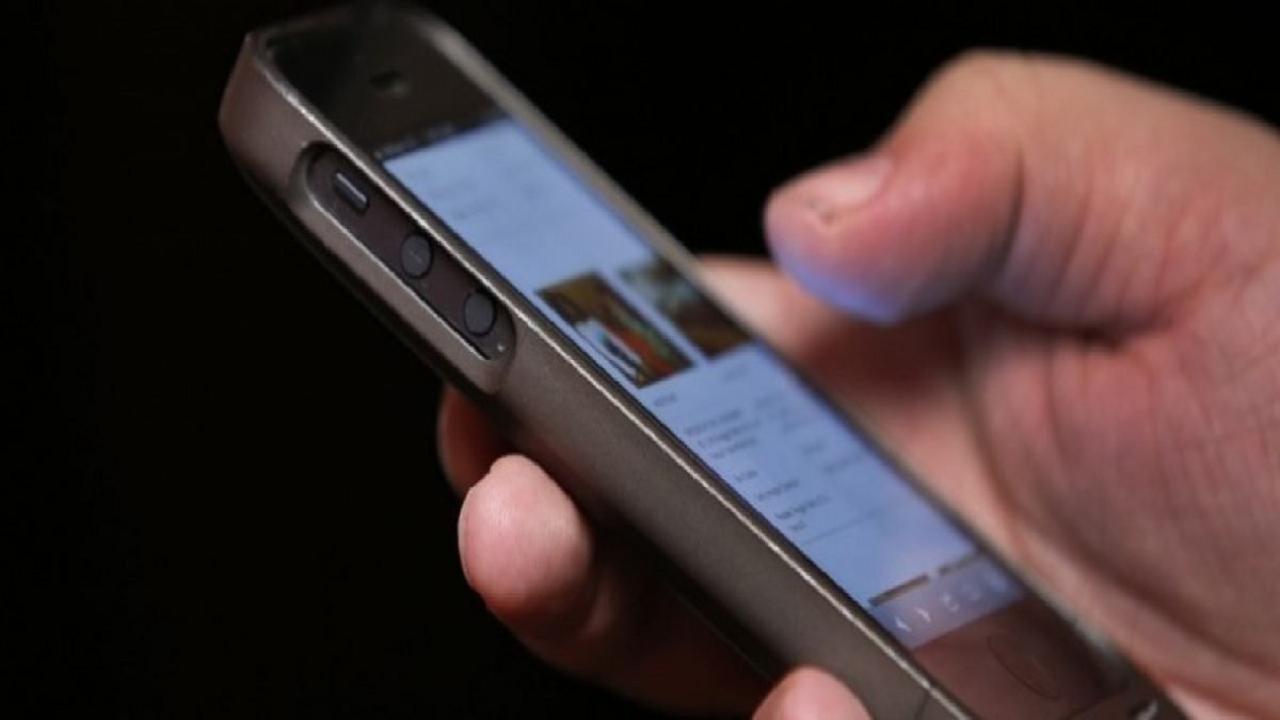FTC sues Match.com owner over promoting fake accounts
The Federal Trade Commission on Wednesday alleges, in a new lawsuit, that Match Group - which owns many dating sites including Tinder, OKCupid, and Plenty of Fish - relied on “fake accounts created by fraudsters” to entice new users to Match.com to start paying for the service between 2013 and the middle of 2018.
Match.com is a free-to-use website, but a subscription is required to message with other users. That’s where the “romance scams” – in which the site touted bogus profiles – came to make up a shocking 25 percent to 30 percent of members, according to the FTC.
Nearly 500,000 people between June 2016 and May 2018 subscribed to Match.com after receiving communications from fake profiles, the FTC said. Match did prevent subscribers from getting email from suspected fake accounts, the FTC says.
Instead of warning prospective members that a message was likely part of a “romance scam,” Match would jump on the opportunity to get new people to sign up for a subscription through a follow-up ad, which would sometimes come with a coupon, the lawsuit stated.
“He just emailed you! You caught his eye and now he’s expressed interest in you… Could he be the one?,” the ad would read, according to the lawsuit.

Content trendy cheerful nice cute adorable lovely attractive brunette girl with wavy hair in casual denim shirt, typing in phone, isolated over grey background
The FTC complaint against Match asserted that “until mid-2018, Defendant sent consumers misleading advertisements that tout communications from persons Defendant identified as potentially fraudulent users of Match.com and led consumers to believe that the communications are from persons interested in establishing a dating relationship with them.”
The lawsuit also claims that Match “exposed consumers to the risk of fraud by providing recent subscribers access to communications that Defendant knew were likely to have been sent by persons engaging in fraud,” and that, until mid-2019, Match “guaranteed certain consumers a free six-month subscription renewal if they fail to ‘meet someone special’ but failed to disclose the requirements of its ‘guarantee’ adequately.”
“We believe that Match.com conned people into paying for subscriptions via messages the company knew were from scammers."
Match is the dominant online dating service provider in the United States, as it controls approximately 25 percent of the online dating market, which is more than twice the market share of its nearest competitor. Defendant owns, operates, and controls approximately 45 online dating services.
According to the FTC complaint, Match knew that these messages “were likely to have been sent by persons engaging in fraud” because it had a process for flagging accounts it believed to be scams. It withheld messages from those accounts to its members, while, at the same time, forwarding them to non-members, the lawsuit said.
Between June 2016 and May 2018, approximately 87.8 percent of accounts whose messages were withheld from members were later confirmed by Match to be fraudulent, the FTC said.
| Ticker | Security | Last | Change | Change % |
|---|---|---|---|---|
| MTCH | MATCH GROUP INC. | 31.63 | +0.78 | +2.53% |
“We believe that Match.com conned people into paying for subscriptions via messages the company knew were from scammers,” said Andrew Smith, director of the FTC’s Bureau of Consumer Protection.
Match Group said it blocks 96 percent of bots and fake accounts within a day. In a statement it called that the FTC's claims "outrageous," and said it plans to "vigorously" defend itself in court.
“Fraud isn’t good for business. That’s why we fight it. We catch and neutralize 85 percent of potentially improper accounts in the first four hours, typically before they are even active on the site.”
Match also said the FTC’s case was filled with “completely meritless allegations supported by consciously misleading figures.”
CLICK HERE TO READ MORE ON FOX BUSINESS
The FTC also alleges that Match misled consumers with a confusing and cumbersome cancellation process. Consumers were led to believe they canceled their subscriptions when they did not, and when consumers disputed charges relating to any of these practices and lost the dispute, Match denied consumers access to the paid-for services.




















